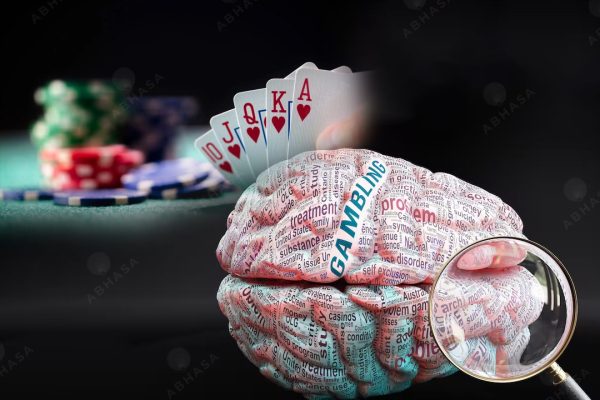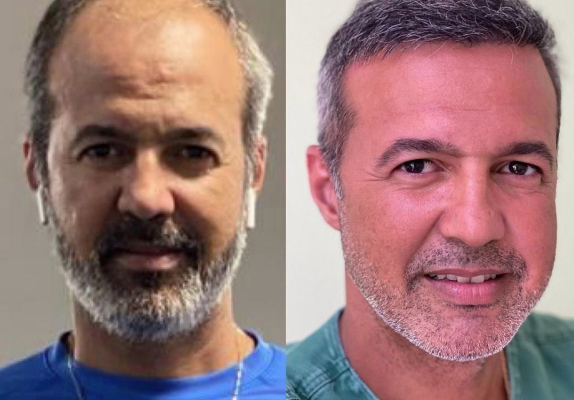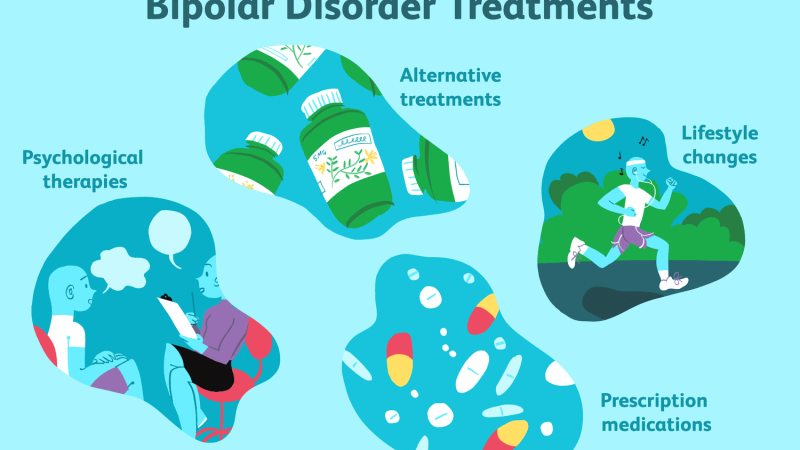Meet Neha: The Beginning of the Journey
Neha (name changed for privacy), a 29-year-old marketing executive from Pune, had always been known for her energy, creativity, and charm. But beneath her vibrant personality was a silent struggle that often went unnoticed by her peers and family.
For years, Neha experienced extreme mood swings—periods of intense excitement and boundless energy, followed by deep depressive episodes that left her feeling worthless and drained. Initially dismissed as “moodiness” or “work stress,” her symptoms gradually intensified, affecting her job, relationships, and overall well-being.
At her lowest point, Neha was unable to leave her bed for weeks and had suicidal thoughts. That’s when her family decided it was time to seek professional help.
The Diagnosis: Understanding Bipolar Disorder
After visiting a well-established mental health clinic in Pune, Neha underwent a thorough psychiatric evaluation. She was diagnosed with Bipolar II Disorder, a form of bipolar disorder characterized by depressive episodes and hypomanic states.
At first, the diagnosis was overwhelming. Like many, Neha feared the label and was unsure about what the future held. However, the doctors and mental health professionals at the centre assured her that with the right treatment plan, living a fulfilling, balanced life was entirely possible.
The Treatment Approach: A Multi-Dimensional Plan
Neha’s treatment journey began at a reputed bipolar disorder treatment centre in Pune, which followed a holistic, patient-centric model. The centre’s approach combined psychiatric care, psychotherapy, lifestyle counselling, and family involvement—a strategy designed not just to manage symptoms but empower the patient.
1. Medication Management
The first step was stabilizing her mood swings with medication. The centre’s psychiatrist prescribed mood stabilizers and antidepressants with close monitoring to minimize side effects. Regular check-ins ensured that dosages were adjusted based on Neha’s response.
2. Psychotherapy Sessions
Neha began weekly therapy sessions using Cognitive Behavioural Therapy (CBT) and later, Interpersonal and Social Rhythm Therapy (IPSRT). These therapies helped her:
Identify and challenge negative thought patterns.
Create consistent routines to manage daily stress.
Develop healthy interpersonal relationships.
3. Lifestyle Changes and Sleep Hygiene
The centre placed a strong emphasis on routine and structure. Neha worked with a counsellor to:
Establish a regular sleep schedule (vital for mood stability).
Include daily exercise and yoga into her routine.
Practice mindfulness and meditation to manage anxiety.
4. Support Groups and Family Counselling
Understanding that bipolar disorder affects not just individuals but families, the centre involved Neha’s parents in her care plan. They were educated about the condition, warning signs of relapses, and ways to provide non-judgmental support.
Neha also joined a peer support group where she connected with others facing similar struggles. The shared experiences gave her a sense of belonging and removed the isolation she once felt.
Progress Over Time: From Survival to Stability
In just six months, Neha’s life transformed dramatically. Her depressive episodes became less intense, and she learned to recognize early signs of mood shifts. She started journaling her emotions, practicing breathing exercises, and following her routine religiously.
She also began performing well at work again—her creativity, once hampered by mood instability, flourished under a more balanced mindset. Neha’s relationships improved as she learned to communicate better and set healthy boundaries.
By the end of the first year, Neha had:
Gone six months without a major depressive episode.
Rebuilt her relationship with her partner.
Taken on a leadership role in her company’s marketing team.
Become a mentor for others in her support group.
Life Today: More Than Just Recovery
Today, Neha continues her treatment plan with confidence. She visits her therapist monthly, maintains her medication, and leads a life that’s full, productive, and emotionally balanced.
What’s truly inspiring is that Neha now actively advocates for mental health awareness in Pune. She speaks at schools, universities, and online events to destigmatize bipolar disorder and encourage others to seek help without fear.
Lessons from Neha’s Story
Neha’s journey holds several powerful lessons:
1. Early Intervention is Key
Ignoring the signs only delays recovery. The sooner you seek help, the better your chances of managing the condition.
2. A Personalized Treatment Plan Works Best
There is no one-size-fits-all solution. Neha’s recovery was possible because her treatment was tailored to her lifestyle, personality, and medical needs.
3. Support Systems Matter
Family, friends, therapists, and support groups play a vital role in the healing process. You don’t have to walk this path alone.
4. Mental Health is Ongoing
Recovery isn’t a one-time fix; it’s a lifelong journey. But with consistent care and support, stability and happiness are within reach.
Why Pune Is Emerging as a Mental Health Hub
Pune is increasingly becoming a centre for quality mental healthcare, with:
Renowned psychiatrists and psychologists
World-class rehabilitation centres
A growing mental health awareness movement
Accessible support groups and online therapy platforms
This makes it easier than ever to receive effective bipolar disorder treatment in Pune, whether you’re newly diagnosed or seeking long-term management.
Final Thoughts
Neha’s success story is not just about overcoming bipolar disorder—it’s about reclaiming life. Her journey proves that with the right diagnosis, support, and determination, a diagnosis is not the end but the beginning of a stronger, more self-aware version of yourself.
If you or a loved one is struggling with bipolar disorder, don’t wait. Help is available, and recovery is possible. Pune offers excellent resources and rehabilitation centres that specialize in bipolar disorder treatment. Take that first step—like Neha did—and open the door to a brighter, more stable future.









